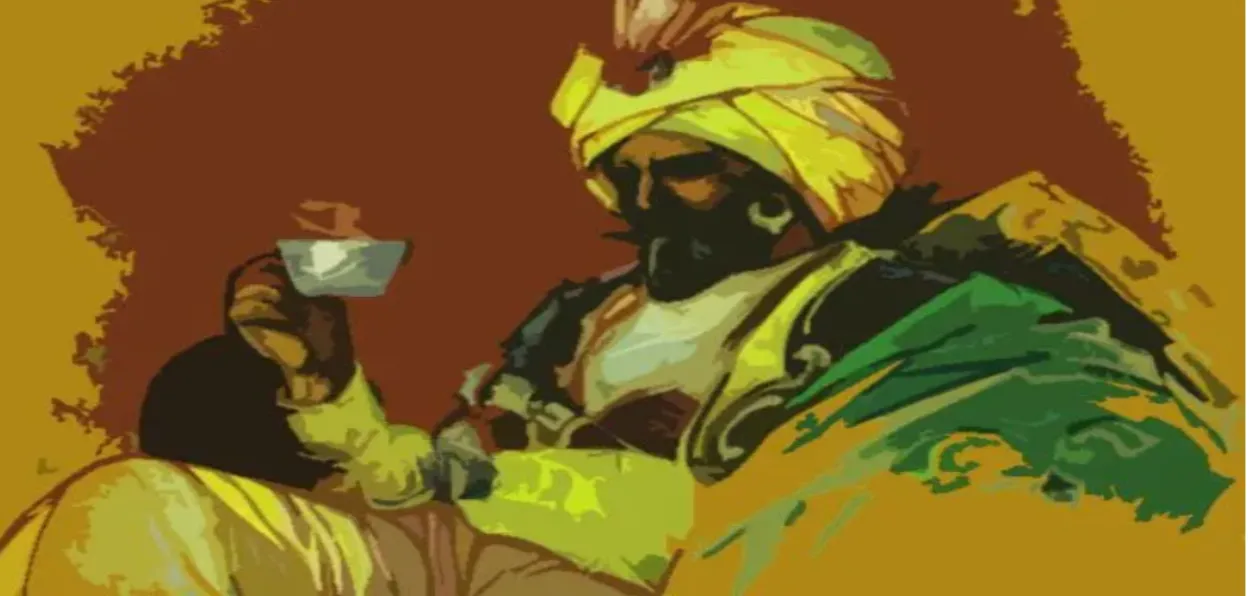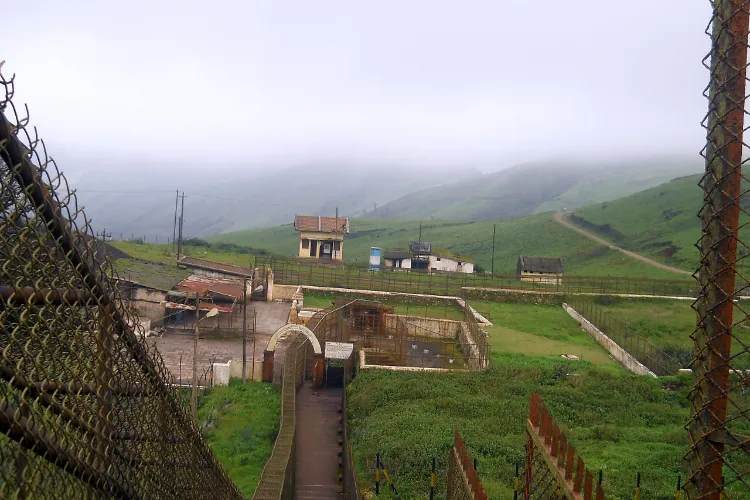
Saquib Salim
“Let’s meet over a coffee”, is how many love stories start in India. Young men or women often ask their love interests out for a Coffee. It works for most people at least in metros like Delhi, Mumbai, and Kolkata to break the ice between two strangers.
Coffee serves as an excuse for romantic, casual, or professional meetings. Sprawling cafes teeming with mostly young people can be seen in every corner of the big cities like Delhi, Bengaluru, etc. Indians love their coffee; the rich go to Starbucks while others sip their coffee from roadside vendors. However, very few coffee lovers know that by drinking the beverage, they are paying a silent tribute to Shah Janab Allah Magatabi popularly known as Baba Budan, a 17th-century Sufi saint who lived in Karnataka.
Scholars believe that coffee is indigenous to Arab lands. Arabs started cultivating coffee around the 6th century but it took millennia to make it as popular as a beverage exported from Yemen. From the 15th century coffee came to be regarded as an expensive drink with a reputation of waking up the mind. Interestingly Mocha coffee is named after a port city in Yemen.
It was one of the most prized possessions of Arabs in those pre-petroleum days. William H. Ukers, an authority on the history of tea and coffee wrote, “The Arabians were jealous of their newfound and lucrative industry, and for a time successfully prevented its spread to other countries by not permitting any of the precious berries to leave the country unless they had first been steeped in boiling water or parched, to destroy their powers of germination. It may be that many of the early failures successfully to introduce the cultivation of the coffee plant into other lands was also due to the fact, discovered later, that the seeds soon lose their germinating power.”
Under those restrictions on coffee an Indian Sufi living in Chikmagalur, Karnataka went to Arab for Haj pilgrimage somewhere during 1670-1695. He had heard of the stories of coffee and after having it in Yemen, Baba Budan decided to bring its seeds to India. Though a pious man, Baba decided to smuggle the seed.

Dargah of Baba Budan in Chikmanglur, Karnataka
Michael Sy in his book Coffee Craft: A Flavorful Coffee Adventure from Bean to Cup writes, “Determined to bring this newfound treasure back to his homeland, Baba Budan devised a clever plan. Secretly, he carefully strapped seven fertile coffee beans to his chest, concealing them beneath his robes. These precious beans were the key to introducing the wonders of coffee to a land that had yet to taste its delights.
With great caution, Baba Budan began his journey back to India. The rugged terrain and treacherous paths tested his determination, but he persevered, protecting the precious beans with unwavering care. Every step was fueled by his desire to share the joy and magic of coffee with his people.
"Finally, Baba Budan returned to his village in India, a place surrounded by breathtaking hills and valleys. With great excitement, he planted the coffee beans in the fertile soil of his homeland, nurturing them with love and devotion.”
According to some other sources, Baba Badun hid the seven seeds in his long beard. Soon after, the coffee cultivation started in that area, and today that particular hill in Chikmagalur is known as Baba Budangiri (hill of Baba Budan).
ALSO READ: Assam eateries offer culinary legacies withstanding the vagaries of time
Nandini Vijayaraghavan writes, “Systematic cultivation of coffee started in 1670 CE, soon after Baba Budan planted the first coffee beans. Chandragiri was renamed Baba Budan Giri (giri means 'hill' in Kannada). Coffee cultivation soon spread to the adjoining areas of Wayanad (now in Kerala), Shevaroys, and Nilgiris (in present-day Tamil Nadu). The two most commonly consumed varieties of coffee globally -Arabica and Robusta-are cultivated here, and within 10 degrees north and south of the equator, in a region known as the 'coffee belt'. India is the seventh largest producer of coffee in the world, while Brazil is the largest.”
So next time you sip your coffee sitting in a cafe in your office or at your breakfast table don’t forget to thank Baba Budan for this gift to India.
